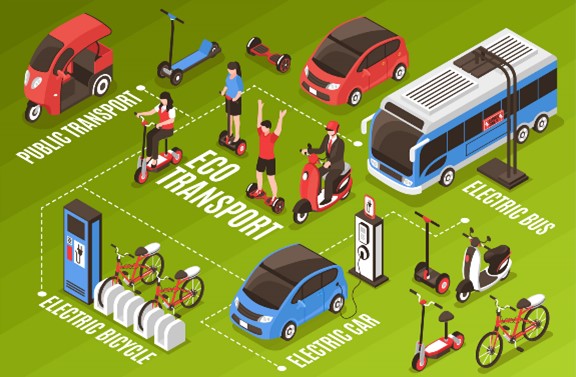What insights do Dutch case studies offer Australia for successful introduction of shared mobility concepts in spatial planning?

Speaker: Mirza Hotic
Scheduled in program: Saturday, 26 November, 02:02 - 02:30 PM
Spin Cycle
Transport planning needs to be revised to address urban densification, climate objectives and transport user needs.
With the world population forecast to reach 9.7 billion by 2050 and 70% of those people living in urban areas, governments face challenges to keep cities liveable and accessible, while meeting sustainability objectives.
Senior Consultant and Project Manager Mirza Hotic will take a fresh view of the Dutch experience, based on spatial planning, and how it can guide the effective expansion of micromobility in Australia.
Transition to integrated, sustainable and smart mobility concepts
Dutch case studies reveal trends towards better place making and measures that facilitate sustainable travel behaviour. Car ownership is reduced by fostering sustainable and efficient door-to-door journeys, through integrated smart and shared mobility concepts for macro-level spatial developments.
Mirza has witnessed the importance of an integrated view, introducing mobility early in the spatial process, and utilising new mobility instruments to allow mobility, land-use, sustainability, and future energy supplies to work together, building on their synergies.
Takeaways for Australia
Dutch case studies show current policies are often unfit to embed smart and shared mobility properly and timely in the spatial development process. It requires adaptation and new instruments.
Australia is expected to experience substantial population growth and the Dutch insights offer inspiration on how to explore, plan and deliver shared mobility concepts in spatial development. These insights serve as conversation starters, helping to bring stakeholders together and understand the relationship between spatial planning and mobility - including micromobility. It enables shareholders to share one another’s challenges, and to assess, answer, and put questions on policy agendas.

